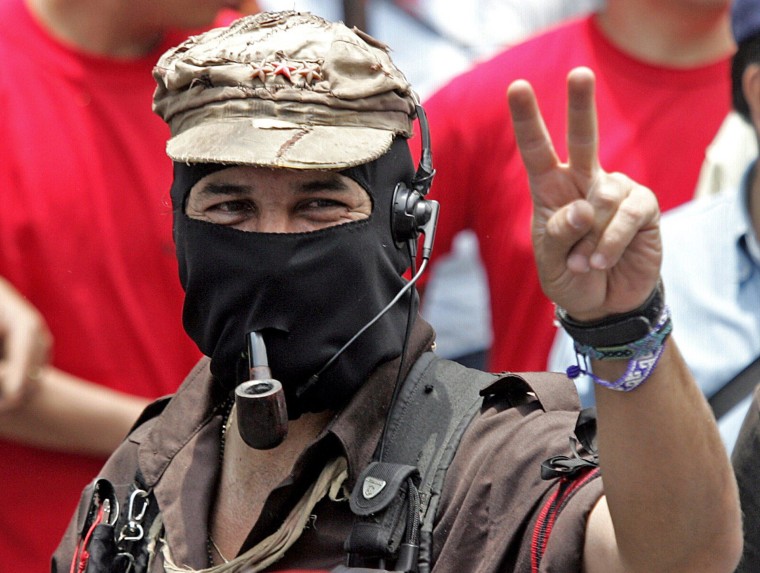Emotional Labour
- Kane Murdoch

- Jul 7, 2023
- 2 min read
Updated: Jan 24, 2024
Evening all,
It's been a busy week since the last post (*trumpet noise*).
Late last week I co-hosted the Hobart contract cheating "masterclass" for the feds at TEQSA (Australia's higher ed regulator). I thought it was well attended, by a range of staff almost exclusively from the University of Tasmania (only one uni in the state, innit). While I'm not going to pour over the details (come along to Perth, Melbourne, Sydney, Darwin and Brisbane!), I wanted to touch on an aspect that is rarely recognised in this work.
My co-lead in the project, Cath Ellis of UNSW and soon-to-be Uni of Sydney, highlighted that investigating contract cheating or any other form of misconduct is emotionally affective work. By that she means that in the course of the work staff involved can be exposed to a lot of emotional pain, if not trauma. I've done my best to reduce the amount of trauma that students suffer from bureaucratic and bloodless misconduct processes through Courageous Conversations, but it's rarely noted that staff suffer too. Students are a complex group with complex problems, and we often see students "on their worst day", as a colleague once described it.
As a result I've been threatened with various sorts of actions (legal and otherwise), screamed at, cried upon, randomly hugged (not comfortable Jan), had students wage desperate campaigns to get me fired for doing my job, had my wife threatened with gang rape, and had someone threaten to behead me. Yes you read that right.

The bulk of these things have occurred primarily because students declined the opportunity to be honest regarding their own behaviour. But I also attribute the worst of these things to the fact that unis haven't really dug in and done the work they should have. Indeed, with huge respect to UTas and everyone who is giving their time to come to the workshops, the fact that unis are mostly reliant on otherwise overburdened academics to do this work almost guarantees that the work literally cannot be done to the highest standards. Skillsets, personal inclination, time poverty- all of these have contributed to our collective failure to address what has happened with contract cheating. And so we have big money "businesses", and students themselves, threatening staff because they are outraged that we are doing that work, and finding what has always been there, at scale. The truth is quite a bit different in many cases to our commonly held conceptions.
The other thing to note is that what we do is sometimes lonely work. We don't get to share our work as many others do, because we want to maintain student confidentiality, and because we don't want to tip our hands to those who happily suborn students for their own gain.
So I would urge leaders in higher education to consider this before simply throwing serious misconduct work to academics for service. You may not get the services you think you will.
Anywho, until next time,
KM






Comments